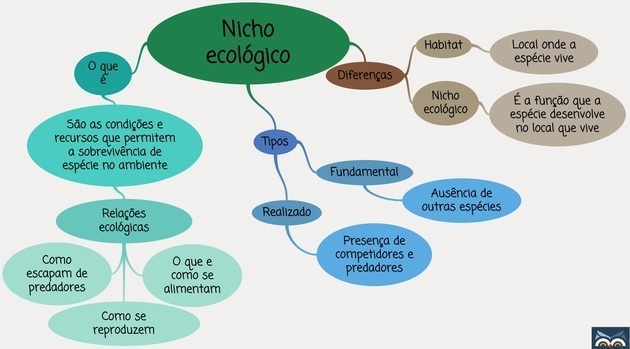After completing high school, the next step is graduations, also called higher courses. At this stage, the young person studies a certain area of knowledge and, at the end, is qualified to work in this profession.
Degree courses are offered at universities, colleges, institutes and university centers. Know the difference between them.
In Brazil, there are three types of undergraduate courses: bachelor's, bachelor's and technologists' degrees. Check out the details of each one:
bachelor degree
According to the Ministry of Education (MEC), bachelor's degrees provide the training required to exercise professions regulated by law or not.
When opting for a bachelor's degree, the student will have theoretical and practical subjects focused on the chosen area, such as, for example, Right, Economy and civil Engineering.
Courses usually last four or five years. For Medicine, are six years. At the end of the course, the student obtains a bachelor's degree, such as a bachelor's degree in Journalism or bachelor in Physiotherapy.
After completing the course, the student is able to work with practical activities in the area, research, consultancy, etc. You can also teach classes at universities.
Graduation
According to the MEC, the licentiate degree qualifies for the exercise of teaching in basic education (from early childhood education to high school). In this case, students have specific classes in a certain area of knowledge, such as, History, Math and Physics.
The course is completed in four years. At the end of their studies, graduates earn the title of Bachelor in the specific area, for example, Bachelor in geography.
Do not stop now... There's more after the advertising ;)
The classes are pedagogical in nature, preparing the student to teach classes in elementary and high school. However, to teach in kindergarten it is necessary to attend Pedagogy.
The difference between bachelor's and bachelor's degrees – which one to choose?
Bachelor's and Degree
Some courses like Biology, PE and Song offer bachelor and bachelor degree options. This means that the professional can work in the research area or be a teacher, respectively.
Candidates must choose between a bachelor's degree and a licentiate degree at the time of the entrance exam. At some colleges, students can take courses and complete both degrees.
Technologist
According to the MEC, technologists are graduates with a shorter duration than the others, such as two or three years. Students take classes that are more practical than theoretical.
This modality prepares the student, from the beginning, for acting in the chosen career. This makes it possible to enter the labor market more quickly.
At the end of the course, the title of technologist in a certain area is obtained, such as, for example, technologist in Events and technologist in Gastronomy.
Check out the main technologist graduations
See a summary of bachelor's, degree and technologist:
| course type | Duration | Classes | Title | Examples |
| bachelor degree | 4 to 6 years | Theoretical and practical | Bachelor | Right Medicine civil Engineering |
| Graduation | 4 years | Pedagogical nature | Licensed | Math Physical History |
| Technologist | 2 to 3 years | Practices | Technologist | Gastronomy Events Photography |
Would you like to reference this text in a school or academic work? Look:
TANCREDI, Silvia. "Types of Undergraduate Courses"; Brazil School. Available in: https://brasilescola.uol.com.br/educacao/graduacao-os-tipos-cursos.htm. Accessed on June 27, 2021.


